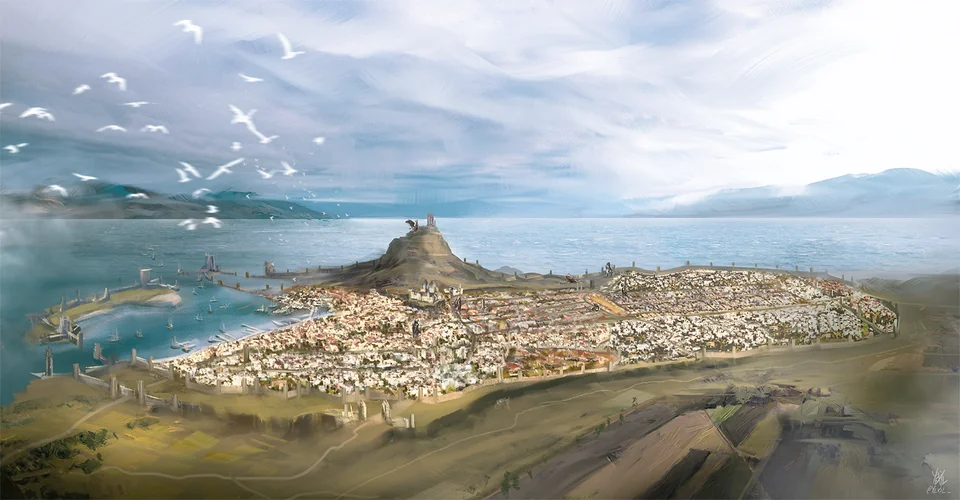Rashemi (rash-EM-ee)
Most often found east of the Inner Sea and often intermingled with the Mulan, Rashemis tend to be short, stout, and muscular. They usually have dusky skin, dark eyes, and thick black hair.
Naming Traditions
Feminine names
Fyevarra, Hulmarra, Immith, Imzel, Navarra, Shevarra, Tammith. Yuldra
Masculine names
Borivik, Faurgar, Jandar, Kanithar, Madislak, Ralmevik, Shaumar, Vladislak
Family names
Chergoba, Dyernina, Iltazyara, Murnyethara, Stayanoga, Ulmokina
Culture
Major language groups and dialects
Rashemaar usually speak Common and their national language of Rashemi, which uses the Thorass alphabet.
Common sayings among the Rashemaar include:
- "What good can come of alliance with evil?"
- "A wolf will always be a wolf."
- "There are those who think and those who dream."
Culture and cultural heritage
Elders are respected for their wisdom and mental strength while children are expected to earn their place in the world, rather than having it handed to them. Most young adult Rashemi travel extensively for a year as part of a coming-of-age ritual called dajemma (also spelled darjemma), resulting in a population with considerable worldly knowledge. A young man sometimes travels with a younger member of the Wychlaran known as a hathran.
The Rashemaar places little value in the accumulation of wealth, and express no shame for their bodies. They think of themselves as inhabitants of a harsh and beautiful land ruled by spirits and rarely display the arrogance of other human ethnic groups. They view life as a series of challenges to face and defeat and place a high value on individual accomplishment and strength. They tend to focus on physical feats in Rashemen, while the Rashemi of Thay preferred displays of magical power.
The Rashemaar people tend to be quite superstitious. For example, it is considered bad luck to seek knowledge of one's own fortune. In order for someone to ward off bad luck, they spat on the fingers, made a fist, and then flicked the fingers three times.


